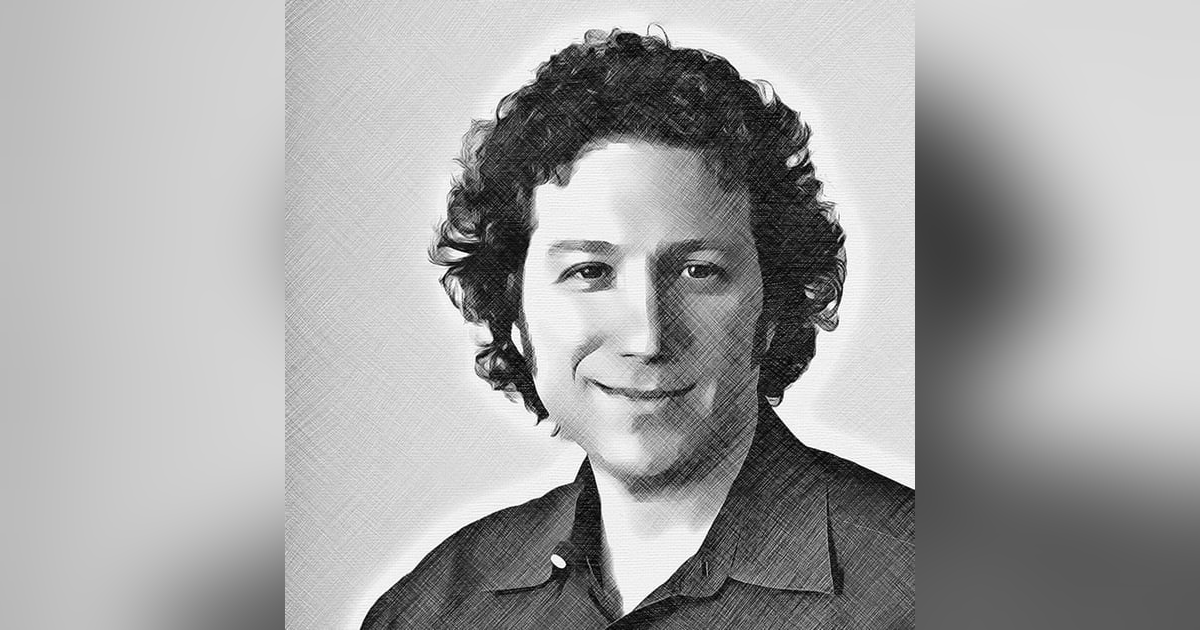#43: Integrative practice, with Dr Gary Richter.

What do you think when you hear the words ‘holistic’, or ‘alternative’. What about "complimentary"? These are terms that can evoke quite strong opinions and responses in many vets one way or another, right?
100% honest - I was a bit apprehensive about doing this interview. I’m a natural skeptic, and I was worried that our guest was going to be a bit ‘out there" in his ideas, but I’m very glad that we took the time for this conversation. Turns out that, like me, and like you, Dr Gary Richter is a vet who cares about his patients and wants to find as many ways as he can to help them. He just happened to have found his niche in offering treatments that are a bit outside of the norm. And I must admit, it’s made me very curious.
Dr Gary Richter has been practicing veterinary medicine in the San Francisco Bay Area since 1998, after starting out his career in emergency. These days he runs a practice that focuses on the benefits of conventional and holistic treatment methods for the preventative and therapeutic care of pets as well as educating professionals and pet owners on the benefits of integrative care. Dr Richter was named Holistic Veterinarian of the Year for 2019 by the American Holistic Veterinary Medical Association, is currently the President of the American College of Veterinary Botanical Medicine, and is a founding member of the Veterinary Cannabis Society. He’s also the author of a book called The Ultimate Pet Health Guide.
In our conversation, we dig up and chew on a few of the old bones on contention in our profession, like the role of alternative or complementary medicine in veterinary science, and the processed foods vs whole foods debate. Gary talks about integrative medicine as a practice model and as a business model, and he tells us about a few of his favourite and most useful therapeutic discoveries that he's made on his explorations. And of course we can’t talk about alternatives to a Californian vet without talking about cannibis!
Please enjoy this enlightening view of our profession from a slightly different angle.
Aussies and Kiwis - if you're itching for some face-to-face CPD and for some fun on the ski slopes - go book your spot for Vets On Tour's upcoming August conferences at https://www.vetsontour.com.au/events/vets-on-tour-lake-wanaka-august-2021/
Go to https://thevetvault.com/podcasts/ for the show notes and to check out our guests’ favourite books, podcasts, and everything else we talk about in the show.
Subscribe to our clinical podcast series at https://vvn.supercast.tech for weekly short and sharp high-value clinical updates from world-class specialists that you can consume on the go.
We love to hear from you. If you have a question for us or you’d like to give us feedback, please leave us a voice message by going to our episode page on the anchor app (https://anchor.fm) and hitting the record button, via email at thevetvaultpodcast@gmail.com, or just catch up with us on Instagram. (https://www.instagram.com/thevetvault/)
And if you like what you heard then please share the love by clicking on the share button wherever you’re listening and sending a link to someone who you know will enjoy listening.






